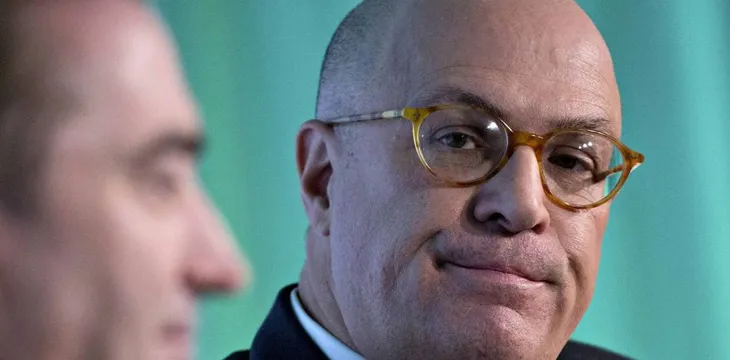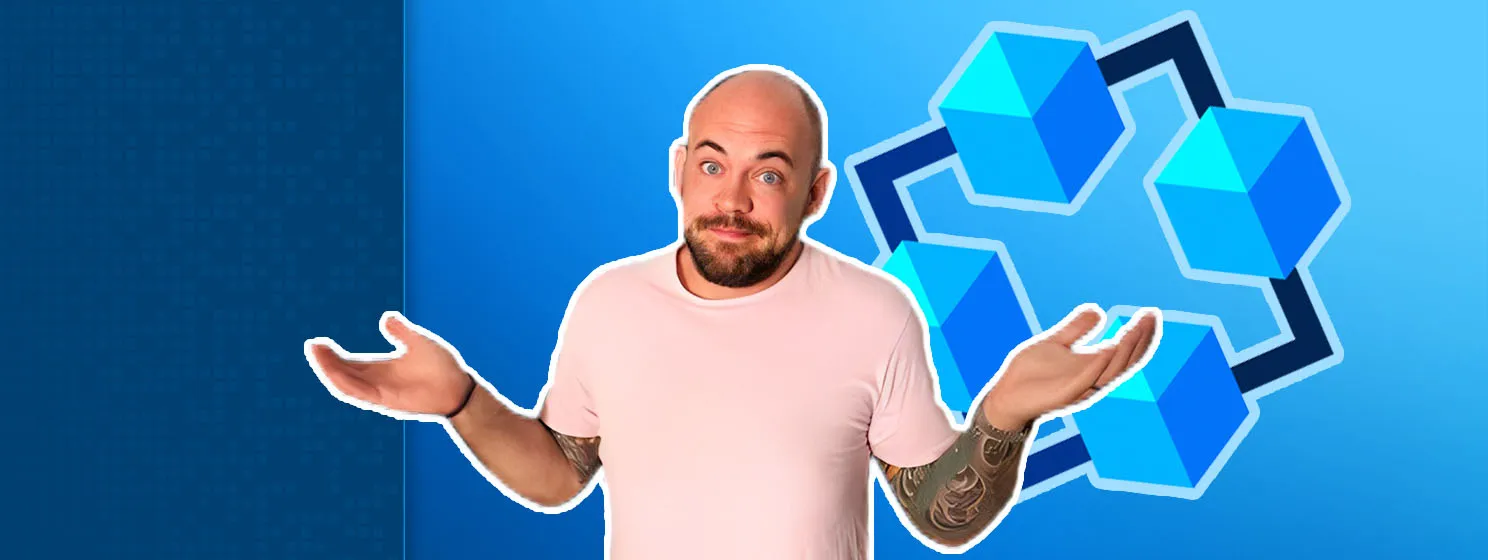|
Getting your Trinity Audio player ready...
|
Giancarlo wants the Congress to make it easier for the CFTC to participate in blockchain testing programs.
At the Congressional hearing yesterday, U.S. Commodity Futures Trading Commission (CFTC) chairman Christopher Giancarlo urged regulators to take blockchain technology seriously.
“LabCFTC is our front door into these new regulatory fintech developments in the marketplace, and it’s so important to us to be able to understand these innovations that are coming down the pike so fast,” he insisted.
“I’ve been approached and our staff’s been approached even more by some of the most interesting innovations taking place. They call these proofs of concept or beta tests of some of the new technologies especially in the area of blockchain…”
Giancarlo said that the CFTC has received some invites to participate in some proof of concepts where they can watch what is going on, but could not do so as it could potentially qualify as a gift—which they are prohibited from accepting. He explained that he considered engaging in a more formal, legally accepted manner but then the bureaucracies involved will result in them getting left behind again. It would require the normal curation and bidding process, which would mean by the time final approvals are secured, the projects they want to take part in would have taken off without them.
He appealed to the house to formalize a bill that would allow the CFTC to participate in blockchain programs more easily—without the need for payment.
“Let me tell you why it’s so important: because we’re falling behind,” Giancarlo said. Citing the Bank of England as an example, Giancarlo explained that the UK’s central bank has gotten a headstart in participating in, understanding, and “getting comfortable” with blockchain technology.
“They’ve had the last four years under what they call their ‘Project Innovate’ to participate in all these blockchain beta tests that we’ve not been able to participate in and they’ve been able to get comfortable with the technology and they’re now incorporating it. So, I feel like we’re four years behind.”
Watch the conversation below.

 08-23-2025
08-23-2025 





